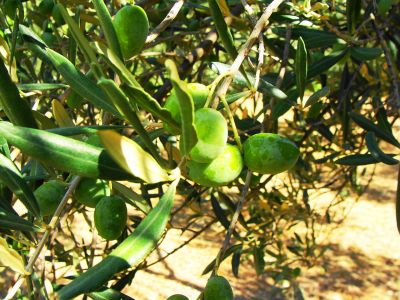The EU dominates the world's olive sector, both in production and
consumption. Yet, the small businesses involved suffer from low profit
margins, and are vulnerable to international competition and drops in
productivity.
Verticillium dahliae (VD), a soil-borne pathogen, is the greatest
threat to productivity. The disease affects yield in many crop species,
including olives, and in recent years outbreaks have been occurring with
increasing frequency.
Conventional methods of detection are complex and slow, plus require
trained technicians. Thus, the EU has funded the project 'Inexpensive
and reliable on-site solution for olive oil producers to contain
Verticillium wilt' (
VERTIGEEN).
The goal is to develop a rapid, on-site system for VD detection,
combining DNA amplification and electrochemical methods. The resulting
device is affordable, easy to use and quick.
Progress to date is on track. The study team initially surveyed the
European market's requirements for detection. The questionnaire-based
information obtained from small and medium-sized enterprises in four
countries helped tailor the device to the sector's needs. The
information will also determine the business plan to be completed during
the project's second half.
Protocols for sample collection and processing have been defined for
soil and plant samples. Other processing methods were also compared,
and the effects of seasonality have been studied. Initial primers for
DNA amplification have been designed, yet further optimisation work will
be needed.
The team prepared designs for hardware components, including a
polymer reaction tube and screen-printed electrodes. Electrical diagrams
for the detection unit have also been prepared, and the housing box has
been designed and constructed. A user interface involving a seven-inch
touchscreen is under development.
Substantial project efforts went into literature searches concerning
how soil inocula levels affect disease incidence, disease risk and
incidence factors. The information will yield a disease risk category
system.
The VERTIGEEN project will yield a system allowing olive growers to
quickly and simply test soil and plant samples for VD. The information
will allow growers to minimise infection risks and outbreaks, and thus
maximise yield and competitiveness.

